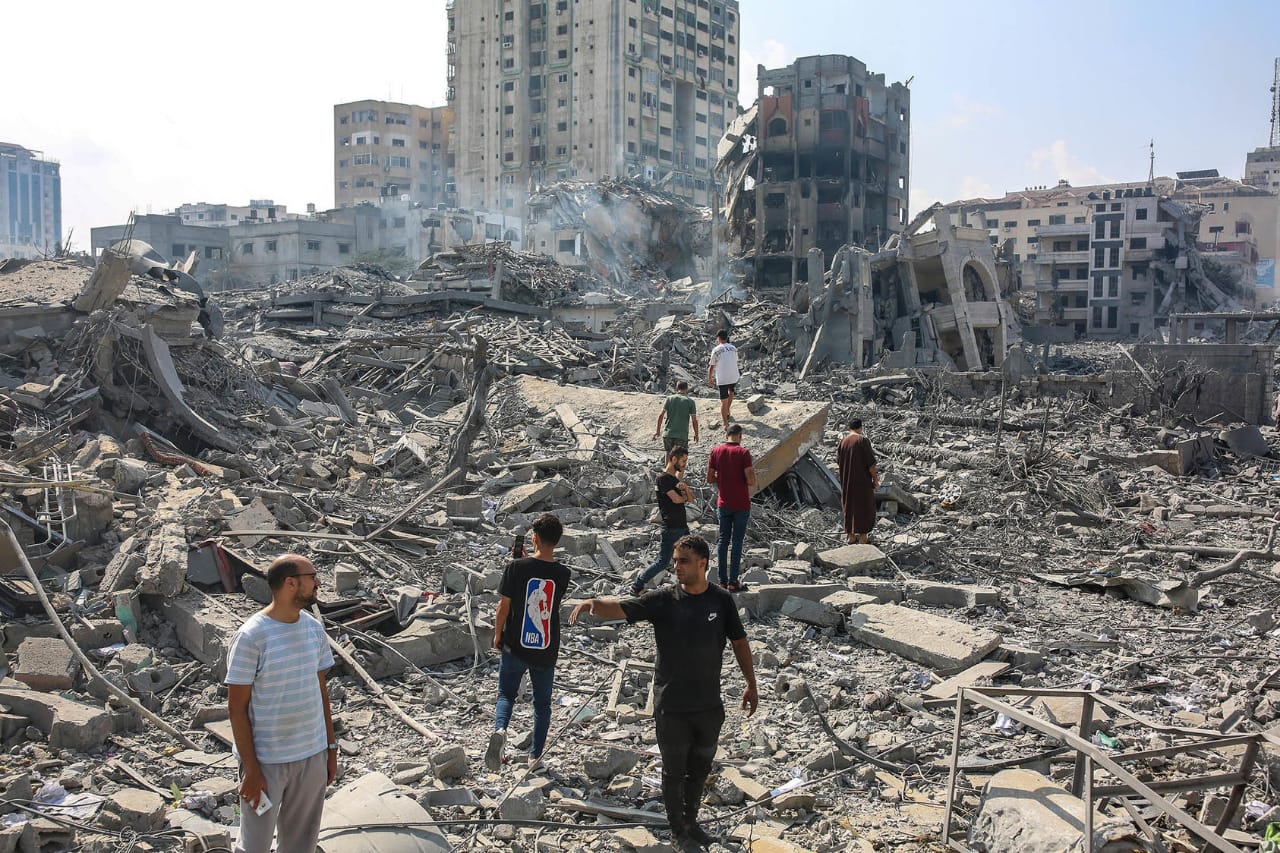
As the conflict in Gaza approaches the one-year mark, the situation has reached dire proportions. Over the past twelve months, the ongoing war has claimed approximately 40,000 lives, marking a grievous loss of human life. This staggering figure underscores the severity of the crisis that has enveloped the region.
The humanitarian situation has rapidly deteriorated. With over 2.3 million people now displaced, Gaza faces an unprecedented level of homelessness. Families are left without shelter, struggling to survive amid the ruins of their former homes. The scale of displacement not only highlights the immediate suffering but also suggests long-term challenges for rebuilding and recovery.
The humanitarian crisis extends beyond displacement. Food shortages have become a critical issue, with hunger gripping a significant portion of the population. The blockade and ongoing conflict have severely restricted the flow of essential supplies, exacerbating the already dire conditions. Malnutrition and food insecurity are widespread, further complicating the efforts to provide aid and support to those in need.
Despite the escalating crisis, there are no signs of a ceasefire on the horizon. The absence of a resolution or diplomatic breakthrough means that the conflict continues unabated, prolonging the suffering of millions. The international community’s calls for peace and negotiation have yet to yield significant results, leaving the people of Gaza in a state of prolonged uncertainty and hardship.
As the conflict enters its second year, the urgent need for a comprehensive and sustainable resolution becomes ever more critical. The scale of the tragedy demands immediate and coordinated international efforts to address the humanitarian needs and to work towards a lasting peace. Without a ceasefire and effective intervention, the situation in Gaza remains poised to deteriorate further, deepening the already profound human suffering.
